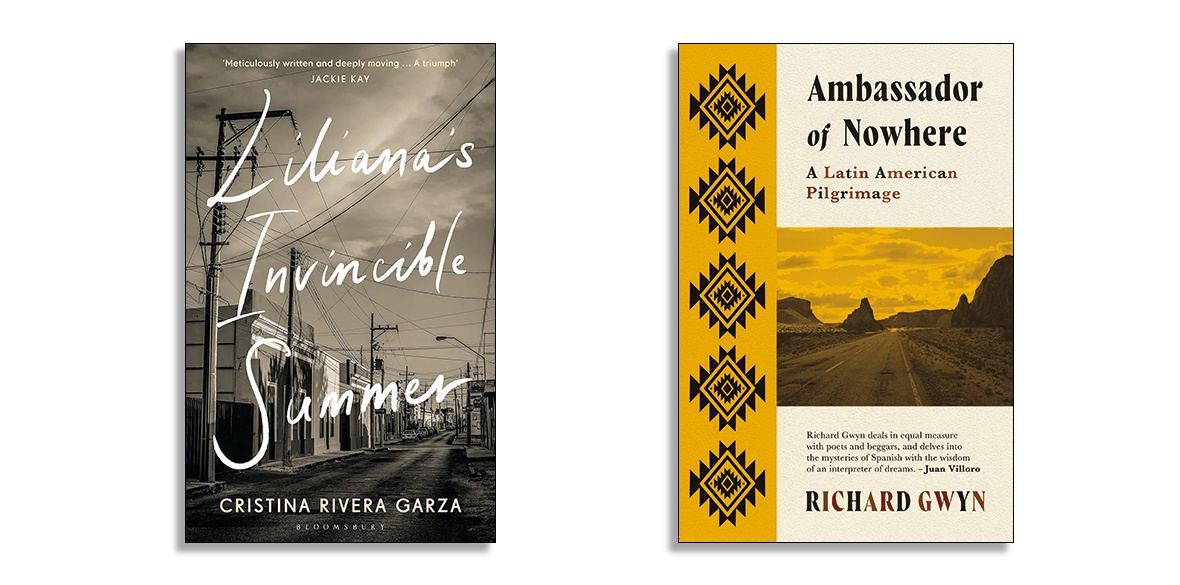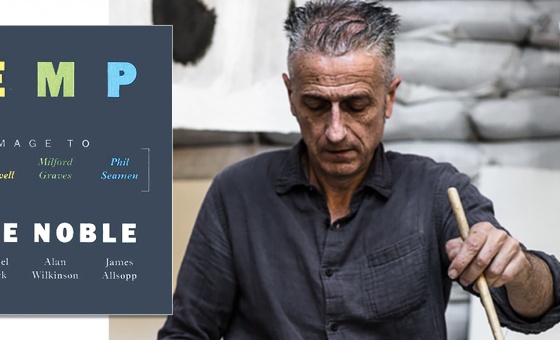This is the last article you can read this month
You can read more article this month
You can read more articles this month
Sorry your limit is up for this month
Reset on:
Please help support the Morning Star by subscribing here
HUMAN RIGHTS organisations estimate that in 2022 there were at least 4,050 femicides in 26 countries in Latin America and the Caribbean. In Mexico alone, at least two women die per day as victims of femicide, making the situation even more dire.
Femicide is defined as the most extreme form of gender-based violence and is the “intentional killing of women because they are women,” “committed by partners or ex-partners, and involving ongoing domestic abuse, threats or intimidation, sexual violence or situations in which women have less power or fewer resources than their partners,” according to the World Health Organisation.
Liliana’s Invincible Summer (Bloomsbury, £10.99) by Mexican writer Cristina Rivera Garza, a deserving winner of a recent Pulitzer Prize, explores the killing of the author’s sister on July 16 1990 in Mexico City by an ex-boyfriend.
Rivera Garza meticulously recounts the luminous but short life of Liliana, a 20-year-old architecture student who met her death at the hands of a possessive and pathological jealous ex-partner called Angel Gonzalez Ramos.
The story begins with the author attempting to find the case files in the labyrinthine corridors of the Mexican judicial system in Mexico City, but to no avail. From then on, the writer begins to recount her sister’s life through letters, scribbles, photographs, notes, and many mementoes left by Liliana in boxes found at her apartment.
“Liliana wrote assiduously until the last day of her life. Long, planned letters or scribbled notes in the margins of her lecture notes. Poems transcribed cleanly and carefully, over and over again. Song lyrics. The last time she picked up her purple-ink ballpoint pen was on July 15, 1990, at 10.30am. Eighteen hours later, according to her death certificate, Liliana stopped breathing,” explains her sister.
The book includes testimonies of many of Liliana’s friends from school and university, as well as moving accounts by her parents, who learnt of her daughter’s death after arriving from a long European holiday trip. Chapter by chapter Liliana takes shape; her voice regains the agency taken from her.
What makes this book so powerful and hard to put down is Cristina Rivera Garza’s masterful use of language, her poise and humanity in telling such harrowing story, and her ability to reveal poignant aspects of her sister’s life, such as her generosity of spirit, her strong loyalty to friends, family and neighbours, and her irrepressible quest for personal freedom.
It is also an honest book about femicides and toxic patriarchy in Mexico and how the state fails thousands of women every year by turning a blind eye to a growing problem affecting not only that country in Central America but the whole region.
The title comes from a line by Albert Camus that Liliana wrote in her notebooks: “In the midst of winter, I found there was, within me, an invincible summer.” Liliana desperately tried to break away from her possessive ex-partner. She finally felt free that summer of 1990, unaware that fatal danger lurked in the shadows. This compelling book seeks justice in the case, illuminating the life and lasting influence of a young woman that now reverberates in Mexico and beyond. A must-read.
Ambassador of Nowhere: A Latin American Pilgrimage (Seren, £14.99) was written by Welsh poet, novelist and translator Richard Gwyn after his journey through Latin America in search of poems for his major anthology The Other Tiger: Recent Poetry from Latin America.
Gwyn shares his adventures in Nicaragua, Argentina, Uruguay, Mexico, Colombia, and Chile, and via many fascinating anecdotes and personal experiences ends his journey in his family village of Crickhowell, South Wales.
“At the age of nineteen, living in a student house in east London, I hung a map on my bedroom wall. Believing that I enjoyed a special connection or allegiance to Latin America, the map enabled me to practise a variety of sympathetic magic, whereby knowledge of the thing depicted might become reality through a process of imagination.”
So begins this wondrous book of discoveries. It takes the reader from the streets of Granada in Nicaragua to the populous Argentine cities of Buenos Aires and Rosario, to the vast landscapes of Patagonia, before travelling, among other places, to Bogota and Cartagena in Colombia and the sleepy village of Saltillo, where the author met the endearing poet Julian Herbert.
As Gwyn travels to find new poets for his anthology, he explores the history and current issues in those countries, including insights into the guerilla war in Colombia, the violence in Mexico, and the political crisis in Nicaragua. He also reflects on significant literary works from the region, including those of Gabriel Garcia Marquez, Jorge Luis Borges, Juan Rulfo, and Roberto Bolano, as well as the act of translation, seen as a literary act, but also as a social and cultural process.
And throughout Gwyn reveals personal ghosts and a family loss that will bring the book to a close, emphasising all that is still unknown.
The poet highlights this at the end of his journey: “Perhaps, after all, the best way to tell a story is as though we didn’t understand it, just as being unknown to ourselves may sometimes be the best way to live.”








